Jekyll and Hyde: How Does Stevenson Present the Character of Dr Jekyll?
Introduction
In The Strange Case of Dr Jekyll and Mr Hyde, Robert Louis Stevenson presents Dr Henry Jekyll as a complex, conflicted character who struggles with the duality of human nature.
A respected Victorian gentleman, Jekyll seeks to separate the good and evil parts of himself through scientific experimentation. His downfall highlights the dangers of repressing desires and meddling with nature. Through Jekyll, Stevenson explores Victorian anxieties around identity, morality and the consequences of unchecked ambition.
Key Points and Quotes
1️⃣ Jekyll as a Respected Victorian Gentleman
At the beginning of the novella, Jekyll is presented as an honourable and well-regarded doctor.
Key Quote:
“A large, well-made, smooth-faced man of fifty.” (Chapter 3)
Analysis:
The description emphasises Jekyll’s respectable appearance, fitting Victorian expectations of a gentleman. Stevenson uses this carefully constructed image to contrast with the hidden, darker side of his character revealed through Hyde.
2️⃣ Jekyll’s Secret Scientific Ambition
Behind his outward respectability, Jekyll harbours dangerous ambitions to transcend the limits of morality and science.
Key Quote:
“Man is not truly one, but truly two.” (Chapter 10)
Analysis:
This statement from Jekyll’s confession reveals his belief in the duality of man. Stevenson uses this to explore Victorian fears about the instability of identity and the hidden capacity for evil within everyone.
3️⃣ Jekyll’s Loss of Control
As the story progresses, Jekyll becomes increasingly unable to control his transformations into Hyde.
Key Quote:
“The moment I choose, I can be rid of Mr Hyde. I give you my hand upon that.” (Chapter 3)
Analysis:
Jekyll’s confidence here is tragically misplaced. Stevenson uses dramatic irony, as the reader later witnesses Jekyll’s descent into helplessness, reflecting the dangers of human arrogance and the failure to control one’s darker impulses.
4️⃣ Jekyll’s Final Confession
In the final chapter, Jekyll’s full confession reveals the tragic consequences of his experiment and his inability to reconcile the good and evil within himself.
Key Quote:
“I bring the life of that unhappy Henry Jekyll to an end.” (Chapter 10)
Analysis:
Jekyll’s admission marks the collapse of his identity. Stevenson uses the first-person confession to create a sense of intimacy and despair, warning of the catastrophic effects of denying the true complexity of human nature.
Authorial Intent
Stevenson wrote Jekyll and Hyde at a time when Victorian society was deeply concerned with reputation, repression and the darker sides of human nature. Through Jekyll, Stevenson critiques the hypocrisy of Victorian respectability, showing how attempts to suppress or control one’s desires can lead to dangerous consequences. The novella warns of the perils of tampering with the natural order and the destructive potential of unchecked ambition.
Dr Jekyll is a symbol of Victorian repression, scientific ambition and the duality of man. Stevenson presents him as a tragic figure whose desire to separate good from evil ultimately leads to his downfall. Through Jekyll’s journey, the novella warns of the dangers of denying human nature and the moral risks of playing God.
Need Help Preparing for Your GCSE English Literature Exam?
If you’re revising Jekyll and Hyde, Macbeth, An Inspector Calls or Lord of the Flies, I can help you sharpen your essay skills, deepen your understanding and build a solid bank of high-impact quotes and analysis. Whether you’re aiming for a secure pass or chasing top grades, one-to-one tutoring can give you the edge.
I offer supportive, tailored sessions to help you tackle trickier characters and themes, master essay planning and feel fully prepared for your Literature papers.
Get in touch via the Contact page for a quote and a friendly, no-pressure chat about how I can help.

